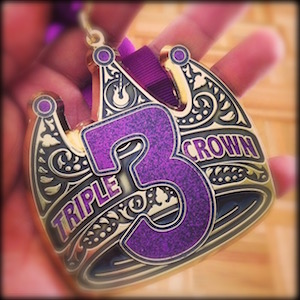 Is your limited English standing in your way? Do you want to improve your English now?
Is your limited English standing in your way? Do you want to improve your English now?
Learn English even faster with the help of the Learning Guide. In it, you’ll get more vocabulary, language explanations, sample sentences, comprehension questions, cultural notes, and more.
Get the Learning Guide and support ESL Podcast today by becoming a Basic or Premium Member!
………
ON MONDAY
ESL Podcast 1078 – Watching Action Movies
In the Learning Guide: Get a full transcript (written version of every word you hear), vocabulary list and sample sentences, and comprehension questions.
In “What Else Does it Mean,” learn the other meanings of “in hot pursuit” and “to straddle the line.”
In the “Culture Note,” learn about “Swashbuckler Films.”
“‘Swashbuckler films’ are a ‘genre’ (type of story or art) of action films with strong heroes who ‘engage in’ (participate in) many fights…” – READ MORE in the Learning Guide
…
ON WEDNESDAY
English Cafe 490
Topics: Famous Americans – Muhammad Ali; The Golden Gate Bridge; valuable versus invaluable; north/south versus northern/southern; common ground and universal experience
In the Learning Guide: Get a full transcript (written version of every word you hear).
In “What Insiders Know,” you will read about “Bridge to Nowhere.”
“The term ‘bridge to nowhere’ is used to refer to building projects that are incomplete or has not been finished…” – READ MORE in the Learning Guide
…
ON FRIDAY
ESL Podcast 1079 –Receiving Letters and Packages in the Mail
In the Learning Guide: Get a full transcript (written version of every word you hear), vocabulary list and sample sentences, and comprehension questions.
In “What Else Does it Mean,” learn the other meanings of “letter” and “to be forwarded.”
In the “Culture Note,” learn about “Suspicious Packages.”
“A ‘suspicious package’ is an envelope or package sent through the mail that ‘raises suspicion’…” – READ MORE in the Learning Guide




